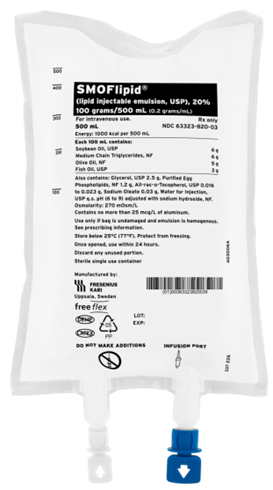A nurse is caring for a client who has myasthenia gravis. The nurse should recognize that this disease is caused by which of the following types of hypersensitivities?
Delayed
Immediate
Immune complex-mediated
Cytotoxic
The Correct Answer is D
Cytotoxic hypersensitivity is a type of hypersensitivity that involves the production of IgG or IgM antibodies that bind to antigens on the surface of cells, leading to cell destruction by complement activation or antibody-dependent cellular cytotoxicity. Myasthenia gravis is an example of a cytotoxic hypersensitivity, as it is caused by autoantibodies that target the acetylcholine receptors on the muscle cells, impairing neuromuscular transmission and causing muscle weakness.
Delayed hypersensitivity is a type of hypersensitivity that involves the activation of T cells and macrophages, leading to inflammation and tissue damage after several hours or days of exposure to an antigen. Examples of delayed hypersensitivity include contact dermatitis, tuberculin skin test, and transplant rejection.
Immediate hypersensitivity is a type of hypersensitivity that involves the production of IgE antibodies that bind to mast cells or basophils, leading to degranulation and release of histamine and other mediators, causing anaphylaxis, urticaria, or allergic rhinitis within minutes of exposure to an antigen.
Immune complex-mediated hypersensitivity is a type of hypersensitivity that involves the formation of antigen- antibody complexes that deposit in tissues or blood vessels, leading to complement activation and inflammation, causing vasculitis, glomerulonephritis, or serum sickness within hours or days of exposure to an antigen.
Nursing Test Bank
Naxlex Comprehensive Predictor Exams
Related Questions
Correct Answer is ["75"]
Explanation
To calculate the infusion rate, divide the volume of fluid by the time in hours. In this case, 1800 mL / 24 hr = 75 mL/hr.
Round the answer to the nearest whole number and use a leading zero if it applies.
Do not use a trailing zero because it could be misread as a decimal point. Therefore, the nurse should set the IV pump to deliver 75 mL/hr.

Correct Answer is D
Explanation
Cytotoxic hypersensitivity is a type of hypersensitivity that involves the production of IgG or IgM antibodies that bind to antigens on the surface of cells, leading to cell destruction by complement activation or antibody-dependent cellular cytotoxicity. Myasthenia gravis is an example of a cytotoxic hypersensitivity, as it is caused by autoantibodies that target the acetylcholine receptors on the muscle cells, impairing neuromuscular transmission and causing muscle weakness.
Delayed hypersensitivity is a type of hypersensitivity that involves the activation of T cells and macrophages, leading to inflammation and tissue damage after several hours or days of exposure to an antigen. Examples of delayed hypersensitivity include contact dermatitis, tuberculin skin test, and transplant rejection.
Immediate hypersensitivity is a type of hypersensitivity that involves the production of IgE antibodies that bind to mast cells or basophils, leading to degranulation and release of histamine and other mediators, causing anaphylaxis, urticaria, or allergic rhinitis within minutes of exposure to an antigen.
Immune complex-mediated hypersensitivity is a type of hypersensitivity that involves the formation of antigen- antibody complexes that deposit in tissues or blood vessels, leading to complement activation and inflammation, causing vasculitis, glomerulonephritis, or serum sickness within hours or days of exposure to an antigen.
Whether you are a student looking to ace your exams or a practicing nurse seeking to enhance your expertise , our nursing education contents will empower you with the confidence and competence to make a difference in the lives of patients and become a respected leader in the healthcare field.
Visit Naxlex, invest in your future and unlock endless possibilities with our unparalleled nursing education contents today
Report Wrong Answer on the Current Question
Do you disagree with the answer? If yes, what is your expected answer? Explain.
Kindly be descriptive with the issue you are facing.
